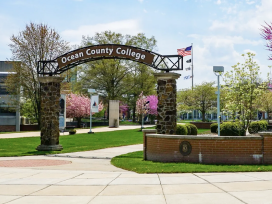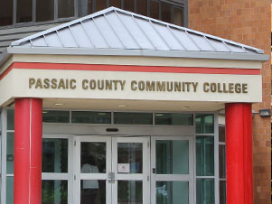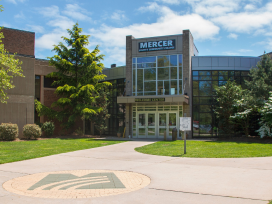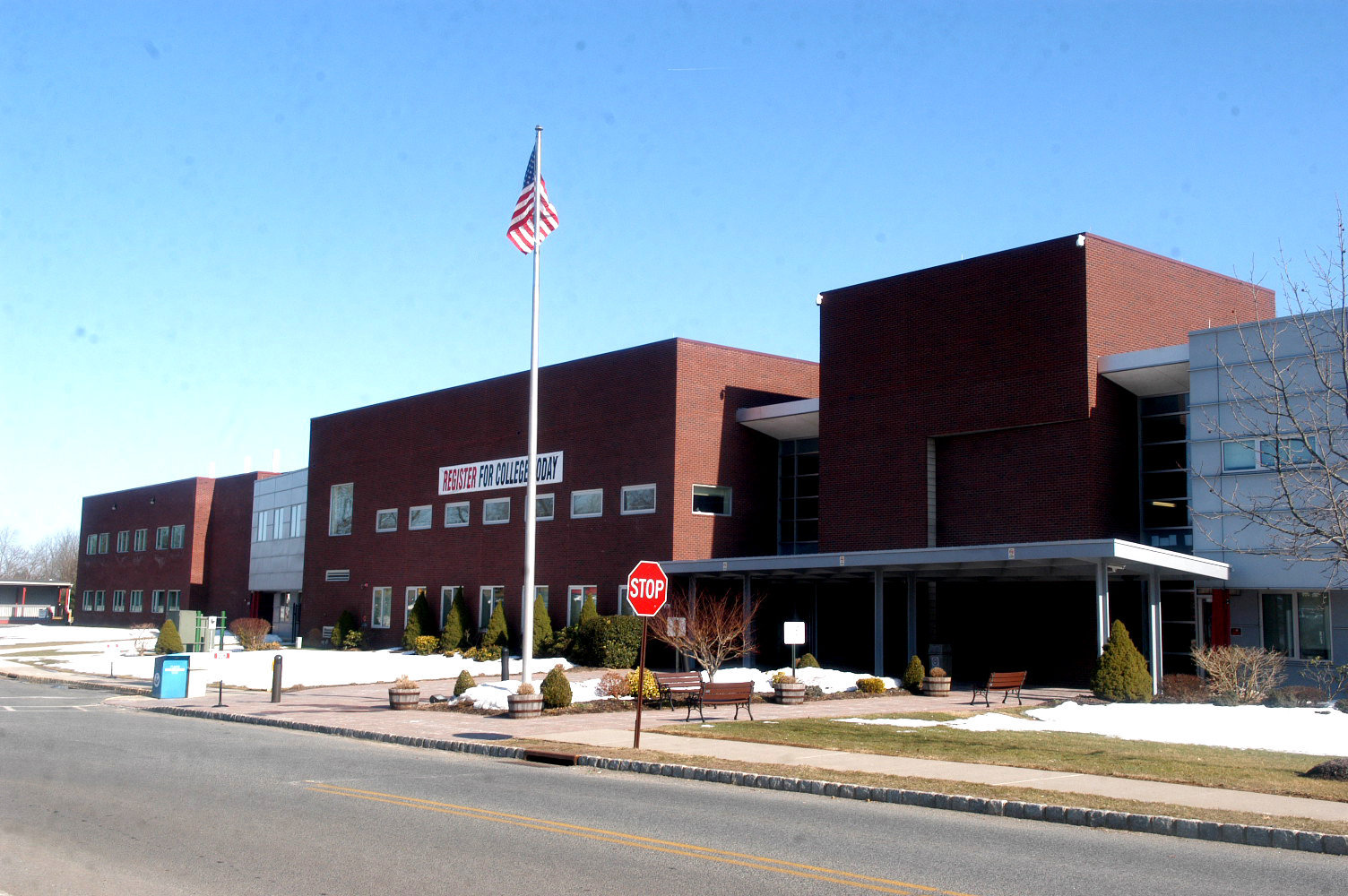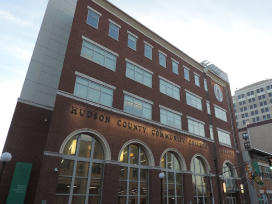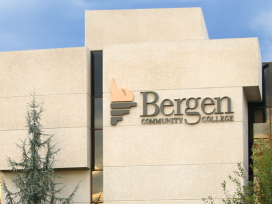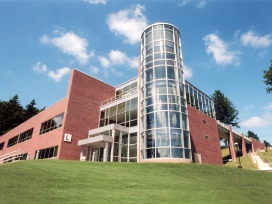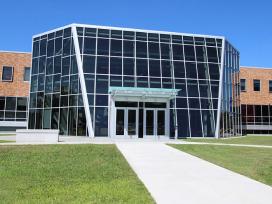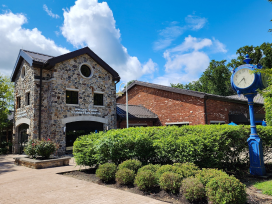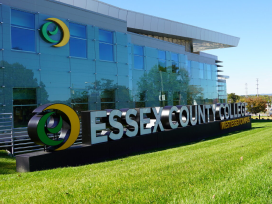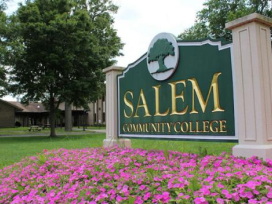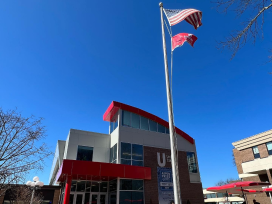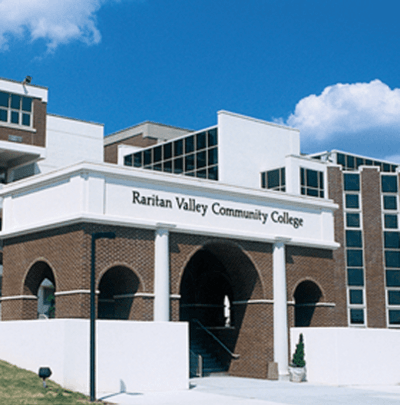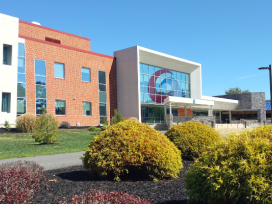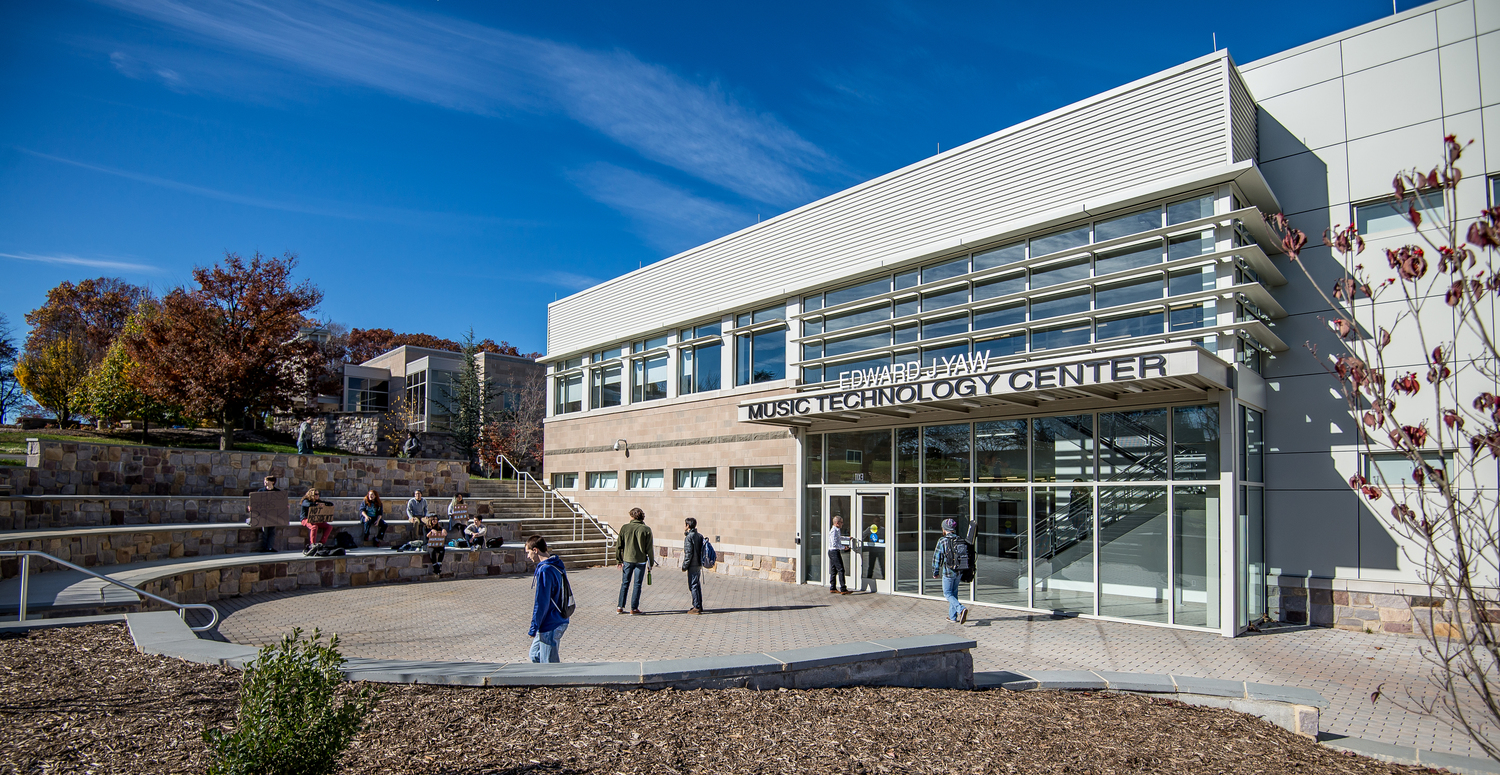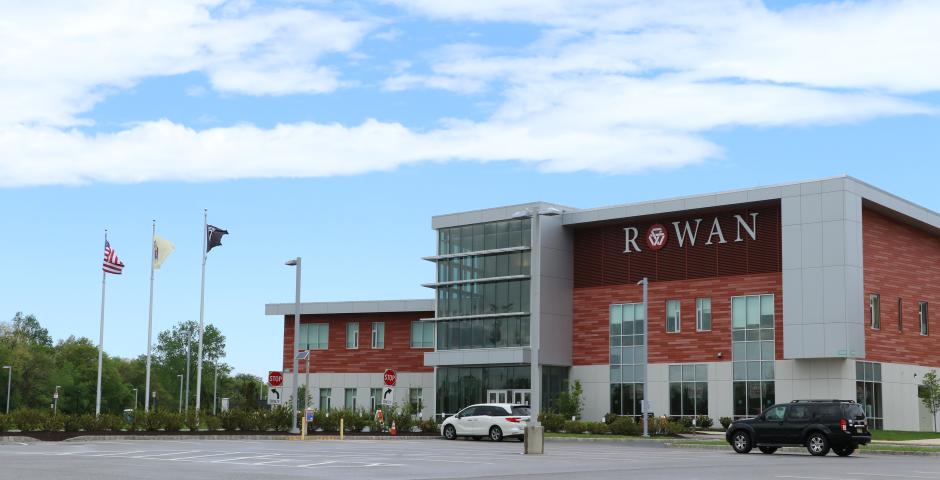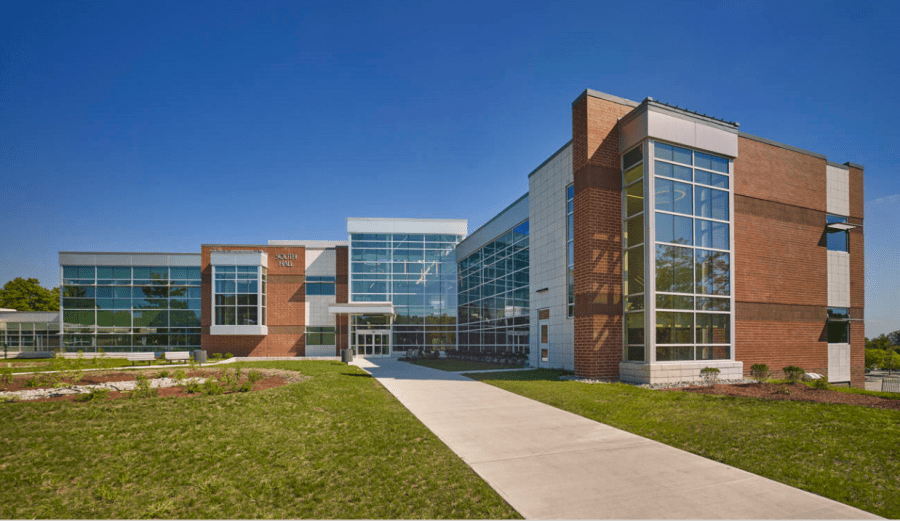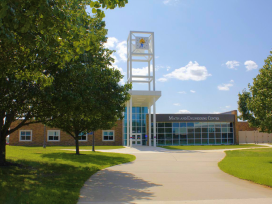Statement from The New Jersey Council of County Colleges on Premium Increases in the School Employees Health Benefits Plan (SEHBP)
November 3, 2022, Trenton, NJ – The New Jersey Council of County Colleges (NJCCC) has continued grave concern today about the impact of the 15.1 percent premium increase for the School Employees Health Benefits Plan (SEHBP) on the state’s community colleges. New Jersey’s community colleges call on Governor Murphy to provide financial relief to address this increase in costs.
The increase will cost community colleges $12 million and community college employees another $2 million for a total of $14 million. To put these increases in context, the increase would absorb nearly every dollar in state aid increases since 2009.
“We call on Governor Murphy and the Legislature to use stimulus funding or other revenue sources to offset this mid-year increase so our colleges can continue to focus on helping students improve their lives and the lives of their families,” said Dr. Aaron Fichtner, president of the New Jersey Council of County Colleges (NJCCC). The Council also asks that other reforms be enacted to make the health benefits process more inclusive and transparent in the future, including passage of legislation that expands membership of the SEHBC to include a member nominated by NJCCC. This bill is S3033, sponsored by Senate Majority Leader Ruiz and A4552, sponsored by Assemblywoman Pintor Marin.
This increase will come in the middle of the academic year when community college budgets are already set. Unlike other public colleges and universities in New Jersey, community colleges pay health insurance premiums and other fringe benefits from their employees. These costs are not included in the state budget.
Community colleges are the largest sector of higher education in New Jersey, with more than 200,000 students. Community college provide a high quality, affordable college education to a diverse student body. Community colleges also work closely with industry partners to provide a skilled workforce, and to provide good jobs for our students – work that strengthens the state’s economy and builds the middle class.
“New Jersey’s community colleges are essential institutions of economic growth and opportunity across the state and the increase of $14 million in health care costs will have a significant negative impact on the colleges,” said Dr. Fichtner.









